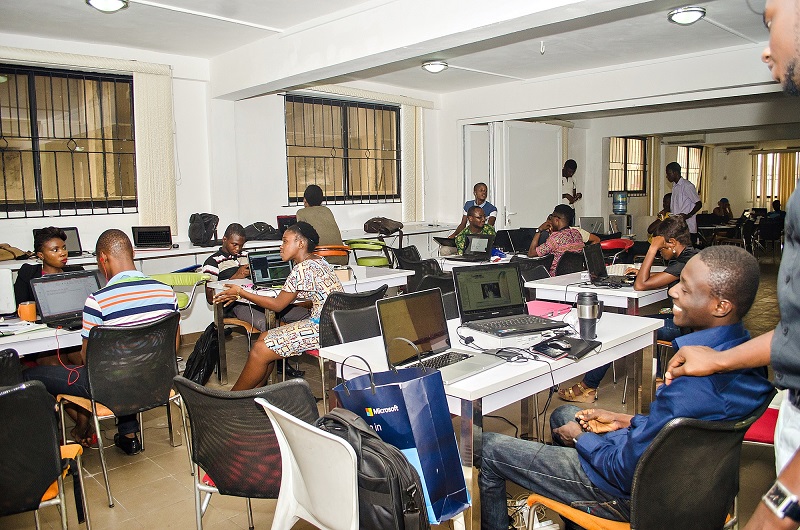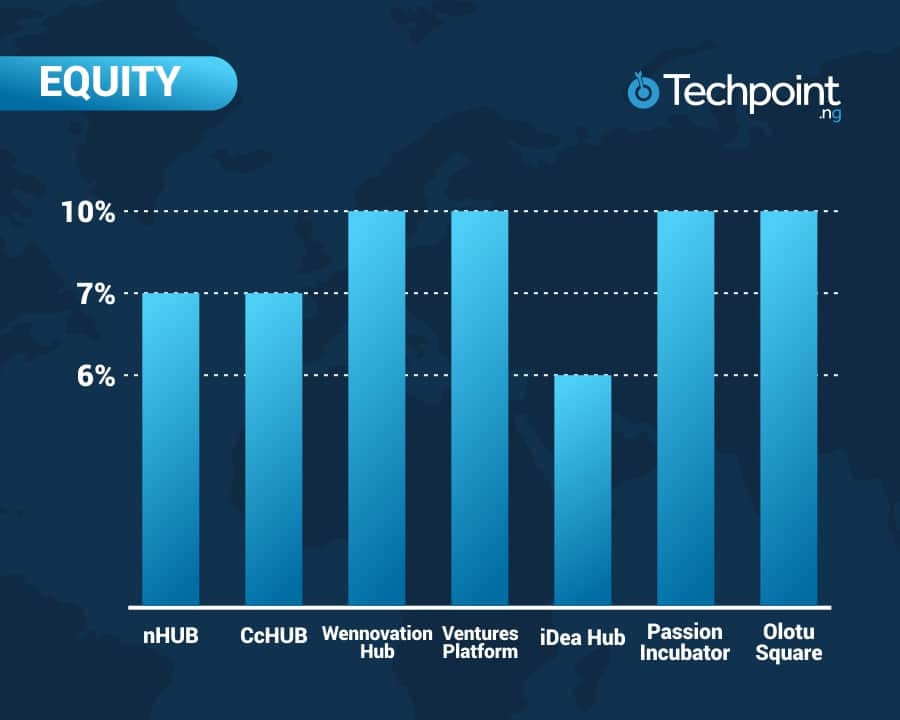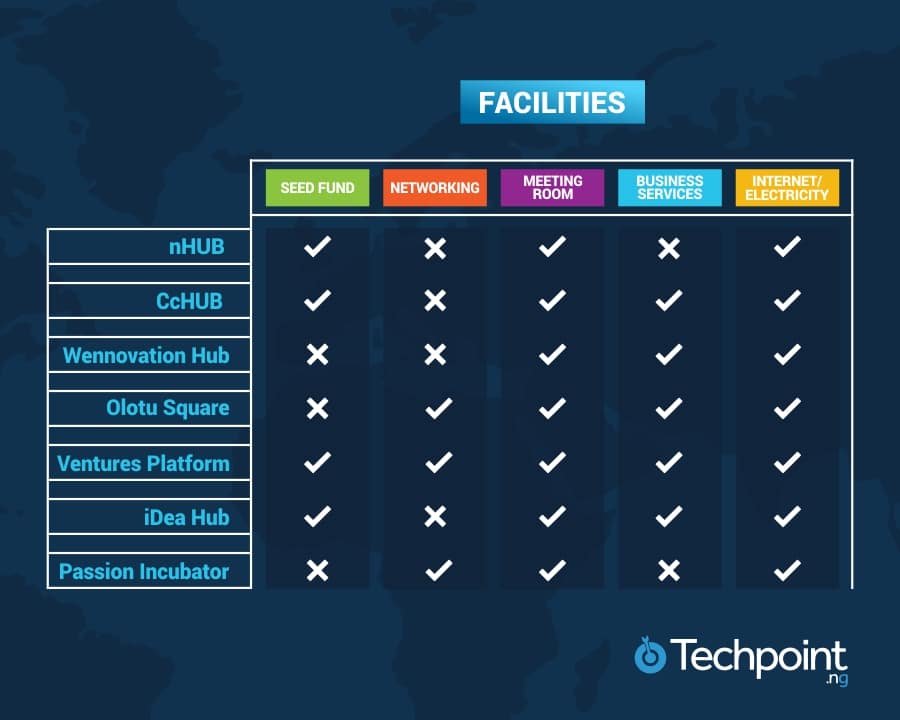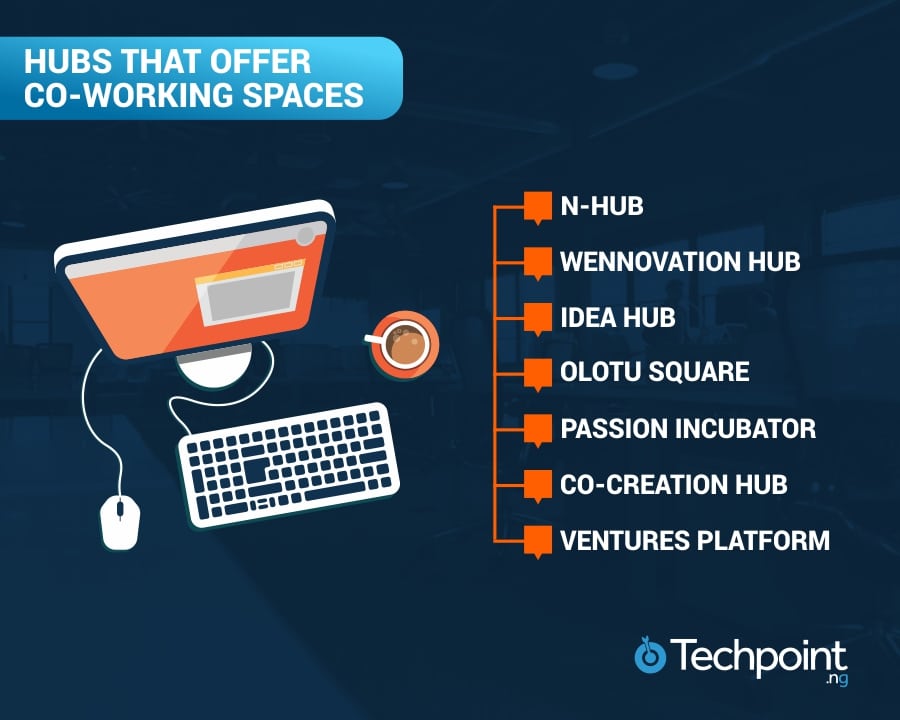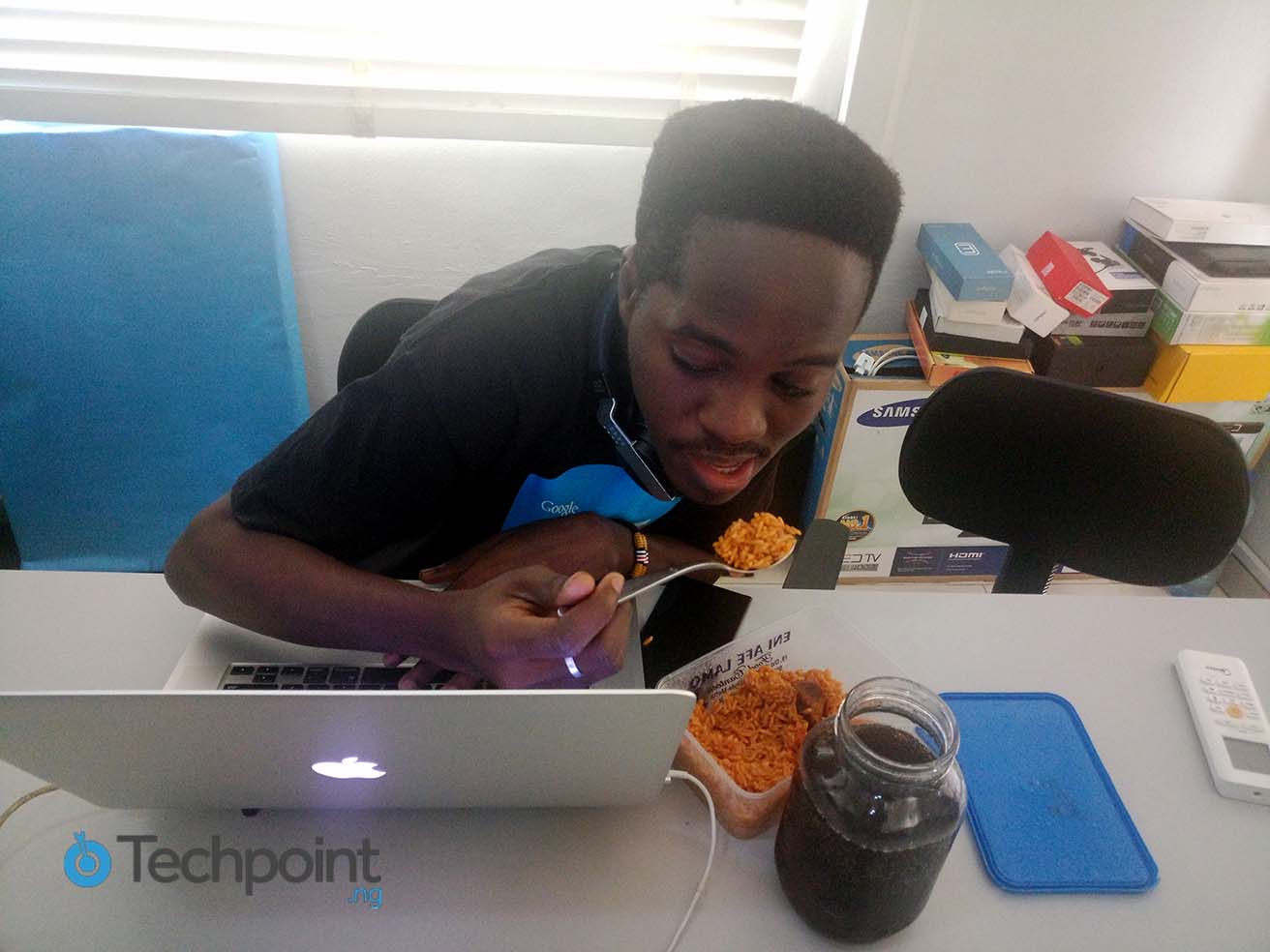Editor's Note: This article is not intended to paint incubator/acceleration hubs in the negative light but, if one intends to build a tower, it is imperative to count the costs -- from start to finish -- weigh the options, and see if the venture is really worthy of taking.
Funding Initiatives! Incubation hubs! Acceleration programs! Whichever float your boat always come with extremely compelling offers. The promised benefits are often irresistible -- seed capital, networking, mentorship, cheap consulting, heavily subsidised operational costs and impressive statistics of startups that have succeeded in toeing the same line. They are all serving to substantiate their assurances of hassle-free success. Being clouded by all these, most startup founders tend not to bother about giving up a chunk of equity in their company.
However, there could be more to incubation/acceleration programs that a Nigeria startup faces than meets the eye. Flutterwave founder, Iyin Aboyeji, might have been hinting at this when he said “too many accelerators, too little accelerating”.
Over time, many have claimed that incubation hubs/acceleration programs may be parasitic to businesses. True enough, their demands could be injurious to startups, especially for those that are just starting out in the challenging Nigerian market. So just before you take the leap as a startup founder, it is imperative to first weigh thoroughly, the pros and cons of joining a hub.
Pros (What you stand to gain)
The network effect
One of the strongest selling points for any incubation hub is networking. The allure of an opportunity to connect young founders to those that matter in the industry. An opportunity which could ordinarily have taken a lifetime -- is made available on a golden platter. These networks include mentors, alumni, investors, business consultants and others that could offer immense assistance, at little or no cost, whenever the need arises.
Inspiration from co-startups
When faced with severe odds, that feeling of ‘I am not alone in this’ could be an encouragement of sorts. Same goes for being in an incubation program. With others working as hard, or even harder than you are, you get enough motivation to stay afloat and continually strive for success. Also, the chance to collaborate with others could be really inspiring.
Brand Leverage
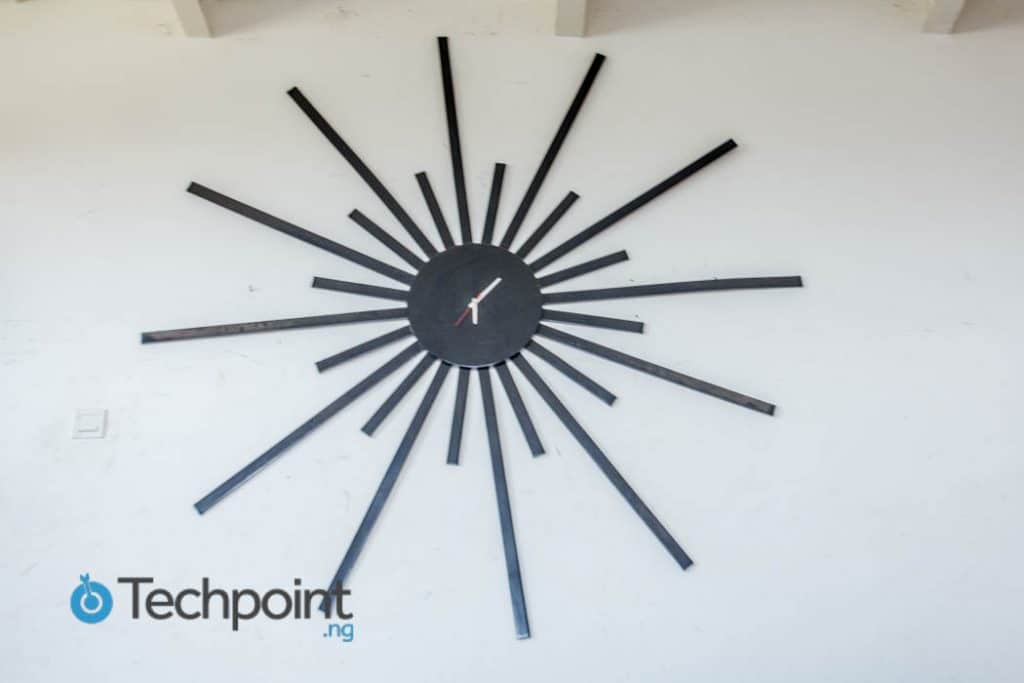
Since admittance into some of these incubation/acceleration programs could be difficult, having your startup successfully pass through and graduate from such calibre puts you in a better stead, compared to other counterparts. It’s like comparing a Harvard University graduate with one from a local university. Therefore, a Nigerian startup getting the seal of approval from renowned incubation/acceleration programs (especially the international ones) may indeed give you an edge over the competition and fast-pace your progress.

Be the smartest in the room
Give it a try, you can unsubscribe anytime. Privacy Policy.
Cons (Red flags to watch out for)
Equity at stake

Though it may sound so casual, losing the rights over some part of your startup is a very big deal. You should take out a moment to analyse things for yourself. First and foremost, on what justifiable scale is the proportionality of ‘goodies offered’ to the ‘percentage equity demanded’ weighed?
Perhaps, if there was an ‘equitometer’ that could accurately draw up formulae/algorithms to calculate equity stakes, render advice on percentage conversions, or just do a sort of mathematical magic to measure the accuracy of the percentage equity demanded by acceleration programs, and/or even predict the returns on investments (ROI) -- since incubation programs are businesses in themselves and profits are anticipated -- we might not have to worry. But when it is just a verbal pass, with no justifiable base for checks and balances, then you know what that implies.
With this established, don’t you think that giving up a chunk of your to an incubation programme that only lasts from 3 - 6months could be a stringent demand if not carefully handled?
Unnecessary Pressure vs. Slow growth
While speedy growth is good, it is not so bad to opt for slow growth, especially early on. Sometimes, because of the interests and targets of incubation/acceleration programs, young startups are pressured to align their own business needs with that of the hubs. The disadvantage to this is that founders risk losing their own original vision and adopted work approach. Although the benefits of fast growth are quite remarkable, founders could still reap them in the long run, albeit at a slow pace.
Lots of events, some irrelevant
Some incubators impose a must-attend clause for all events on their startups. Unfortunately, not all are relevant, in fact, many may not be so useful for your brand. These events waste the time you could have spent productively on your startup. This is not good for an early stage business. If you are not careful, you could become swallowed up by so many events and end up not having time to focus on your own idea.
Detailed analysis of Nigerian Startup Hubs
While weighing the general pros and cons of joining acceleration/incubation programs is a good start, it still isn’t critical enough. Knowing that the thoughts of carrying out critical analysis on hubs might seem burdensome for new founders, we have stepped in to do the hard part for our dear founders.
In selecting the hubs, a deliberate effort was made to ensure that each region in Nigeria is represented.The selected hubs include iDea Hub, Passion Incubator, CcHub, Wennovation Hub (South-west), nHub, Ventures platform (North) and Olotusquare (South-south).
Suggested Read: Why the iDEA Hub closed shop in Yaba
As a Nigerian startup, while you might be zealous to start comparing and assessing these tech hubs, here is a million dollar question that you should first ask yourself as a wise startup founder:
why am I really opting for an incubation/acceleration program?”
If after making an answer list, you discover that you want to give some of your company rights to a tech hub just because you need investments, then you should kindly consider the advice given by the founder of a succeeding Nigeria startup, Jason Njoku, during our AMA session with him.
Someone asked him how they could secure investors for their eCommerce business. Jason responded by simply saying “Forget investors, look for customers.” Considering that this sort of advice is coming from someone who has gone through thick and thin, and successfully built a startup without being in any incubation/acceleration program, it shouldn’t be taken for levity.
Following a thorough analysis of selected incubation/acceleration hubs in Nigeria, below is the detailed infographic that shows features of investigated hubs and serves as a template to help you critically scrutinise your choice of acceleration/incubation programs.
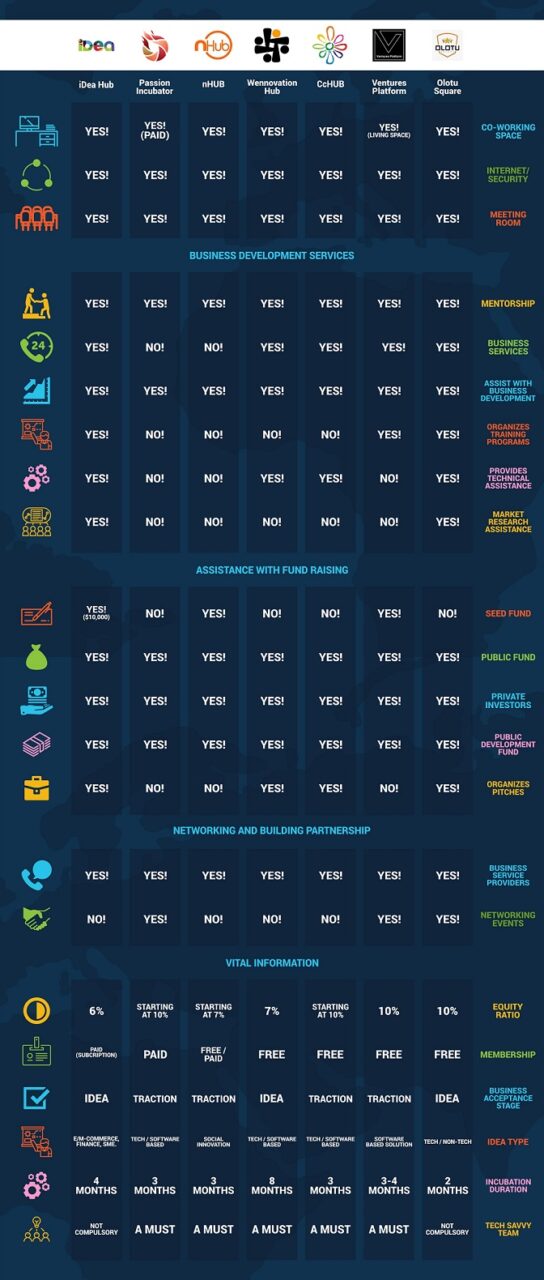
Equity considerations
You must understand as a startup founder, that you are not the only one seeking fertile grounds to thrive, incubator hubs are also searching for smooth grounds to perch. So since it is a two-way thing, you must do your homework very well when it comes to pulling the equity stakes. A picture is said to be worth a thousand words, so below is an infographic detailing the equity demand of some selected tech hubs across Nigeria.
If you analysed both (equity and overview) infographics critically, you would realise that startups hubs demanding high equity do not necessarily offer more than their counterparts demanding less and vice versa. You will also notice that not one has all, as each of them has its own peculiarities. If you were indeed thorough enough, another salient observation you would pick is that some hubs neither offer you space nor funding, yet they have a strong eye on your equity. So what does this tell you?
Nonetheless, to gain better insight into why investors are so keen on equity, maybe you should read up Jason Njoku’s story on how he almost parted away with 35% of iROKO for just $50,000. Lucky for him, Bastian Gotter, his then partner, stepped in to negotiate an external investment of $80,000 for just 10% of the company. Imagine getting more for less cost played out here by Bastian. So, be careful when negotiating your equity.
Networking and business opportunities
Most hubs brag about having a vast and highly beneficial network. However, owing to the fact that it is not as easy to withdraw from these programs, it will be wise that startup founders ascertain just how true this claim is.
Moreover, quacks exist in every sphere, so, a little poking into a chosen hub’s network space is better than an “had I known story” that may later pop up due to ignorance.
It will be painful to discover in the long run that what you traded your precious equity for could have been done by you (even though it would have taken you more time).
Co-working space considerations
Surprisingly, based on our research, we discovered that some startup hubs exempt a free working space from their package. This means that incubated startups still often have to pay for their space. Payments are made either as part of a membership fee, subscription fee, or just straight out as office space charges.
Although some incubators claim that charges on working spaces are subsidised for incubated startups, the subsidy might not be so encouraging. Other resources such as electricity, the internet being included in the package aren’t still sufficient enough to justify the outrageous percentage of equity charged on early stage startups. At this rate, a Nigerian startup founder may want to consider adopting the ‘work from home’ strategy for a start.

Concluding thoughts
Before and after the advent of accelerators and incubators, many successful companies have continued to emerge. In his opinion piece about why startup incubator hubs in Africa do not work, Mark Essien, founder/CEO at Hotels.ng highlighted 9 successful Nigerian startups (Konga, Wakanow, iROKO, Paga, DealDey, Jobberman) that were never incubated. According to Mark:
Of the 15 next biggest software startups after the above, the only one that came out of an incubator is BudgIt, and I’m not sure that BudgIt was properly ‘incubated’, all I know is that they used to operate from CcHub”.
The inclusion of BudgIT in the latter was of course not without a comeback article from Seun Olugbinde, founder of BudgIT who felt the Mark Essien’s piece portrayed gross misunderstanding of startup incubators. Nevertheless, the crucial points noted by Mark should not be overlooked.
Suggested Read: One Africa Media Acquires 100% Of Jobberman
While it might be a good idea to take up incubator hubs, startup founders risk losing out the entire fun that goes along the ups and downs of starting a company from scratch. This is simply because it’s like leaving your dreams in the hand of a second party. The result of this? All adventure is missed out. This is particularly somewhat pathetic because since incubation/acceleration programs are obviously investing “much”, they make you tread too carefully, become super cautious not to press the delete button instead of save.
It’s more of: “All you have to do is bear the name -- founder/CEO, we got this covered.”
So here is what happens next; the excitement in getting the dirty work done by yourself suddenly disappears. The journey to founding your own company that could ordinarily have excited you and made you so free becomes so stiff and uninteresting.
Do you really wish to skip all the interesting adventures/hurdles that make up the story to your company’s success? I can imagine a boring startup story as this:
We are a Nigerian startup, lucky enough to get incubated, got connected to investors through our incubation program, and now we are on our own.”
As a Nigerian startup founder, have you had personal experience with an incubation/acceleration program? Please do share in the comments section below.



